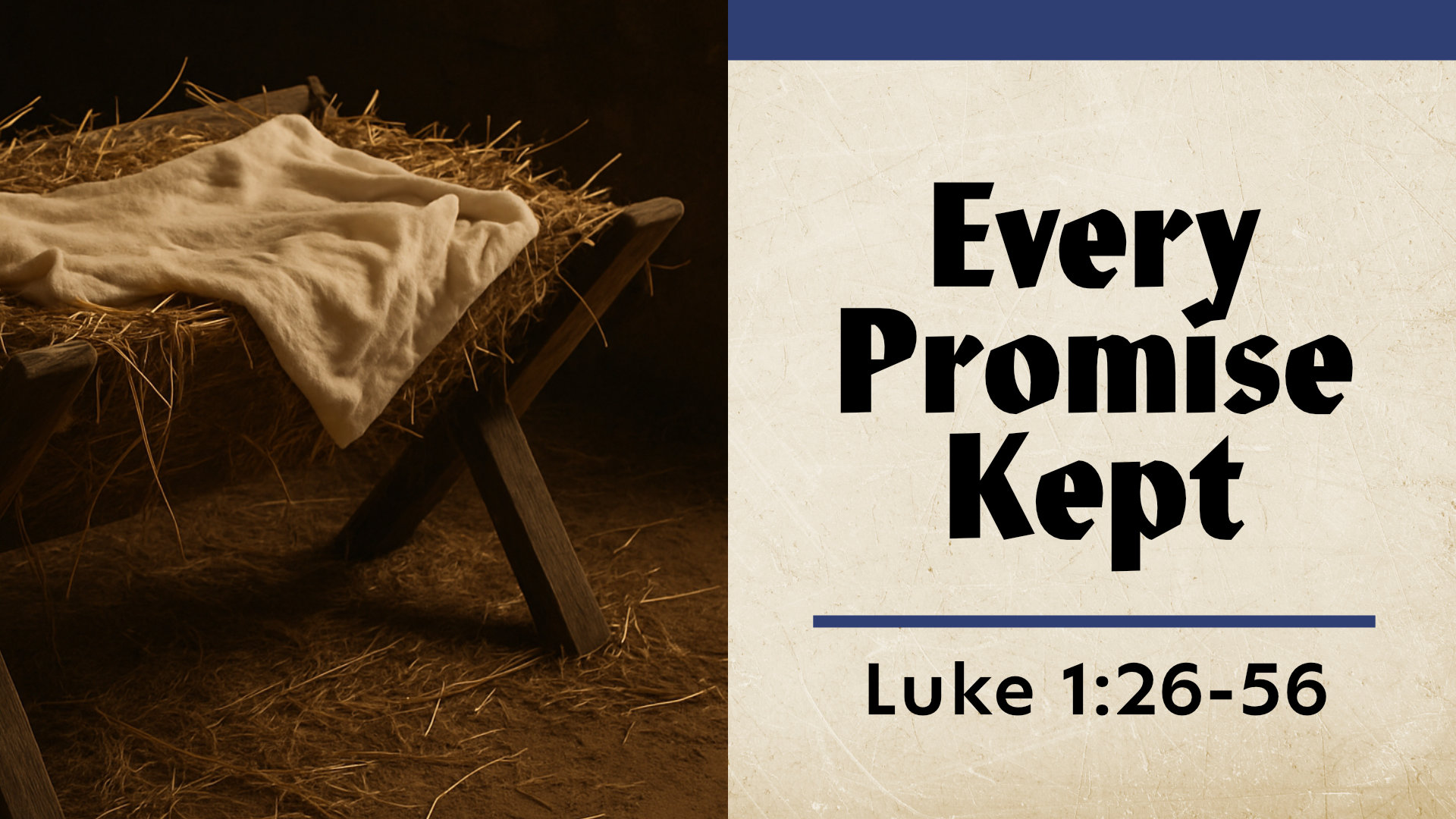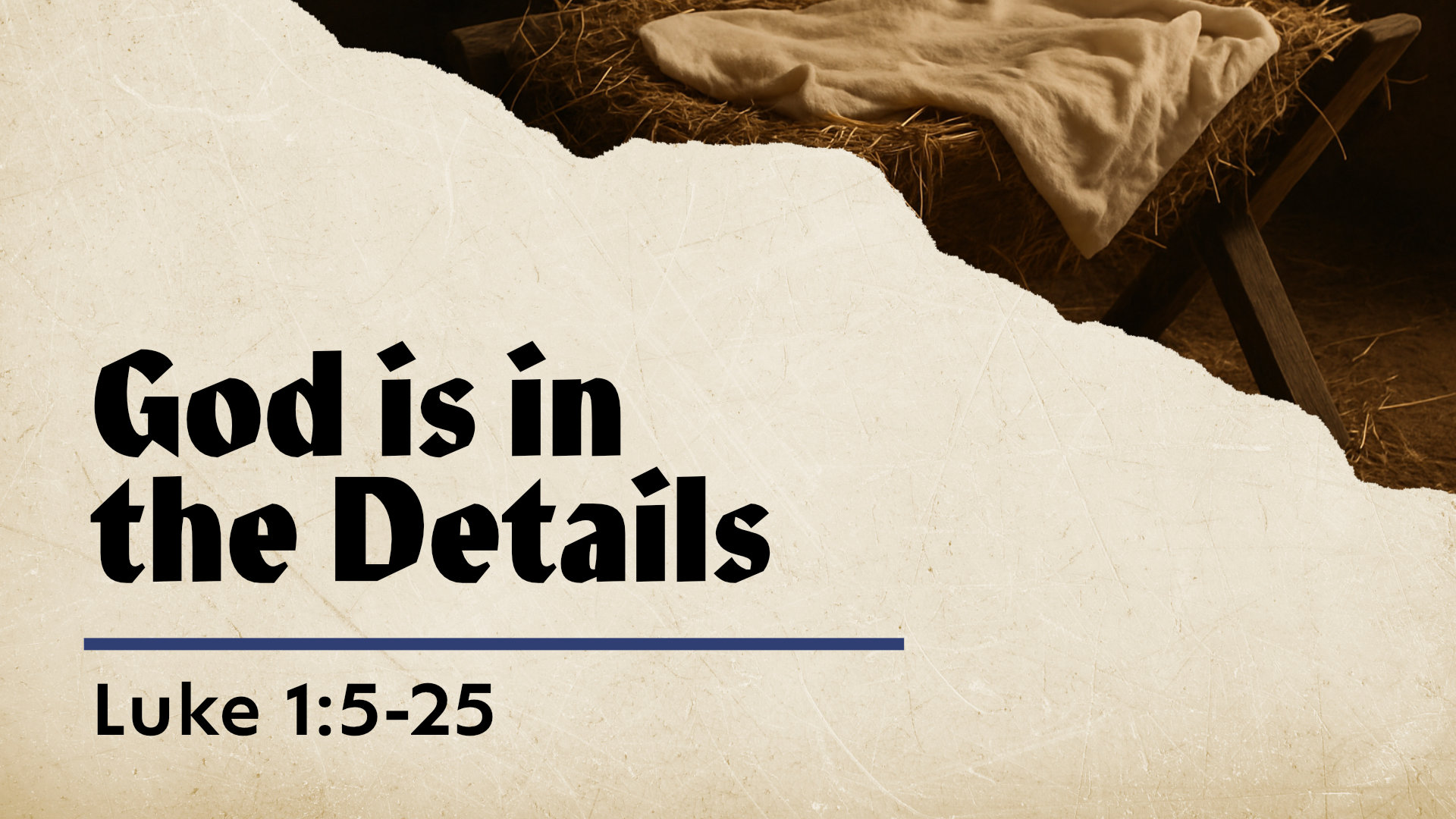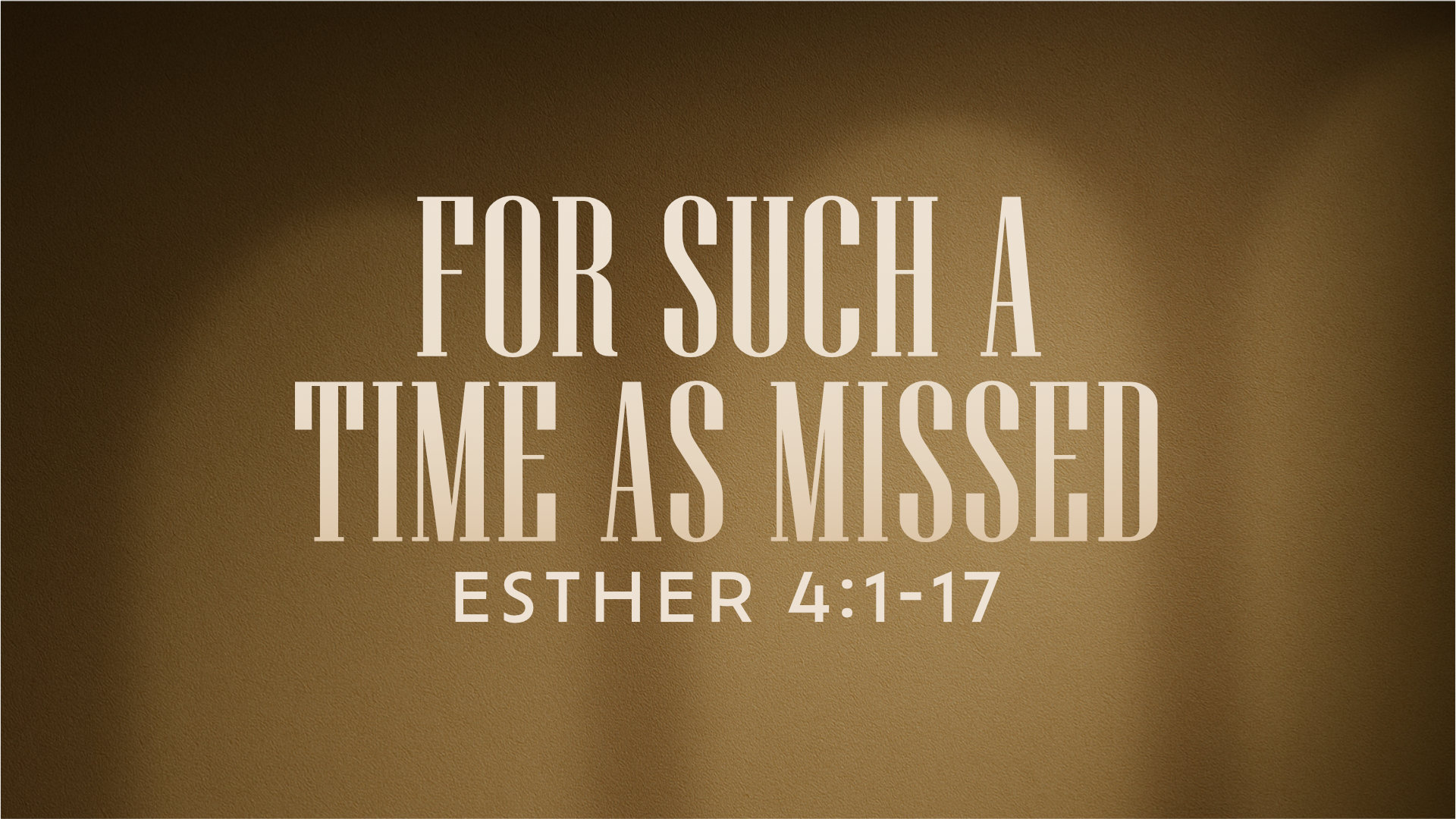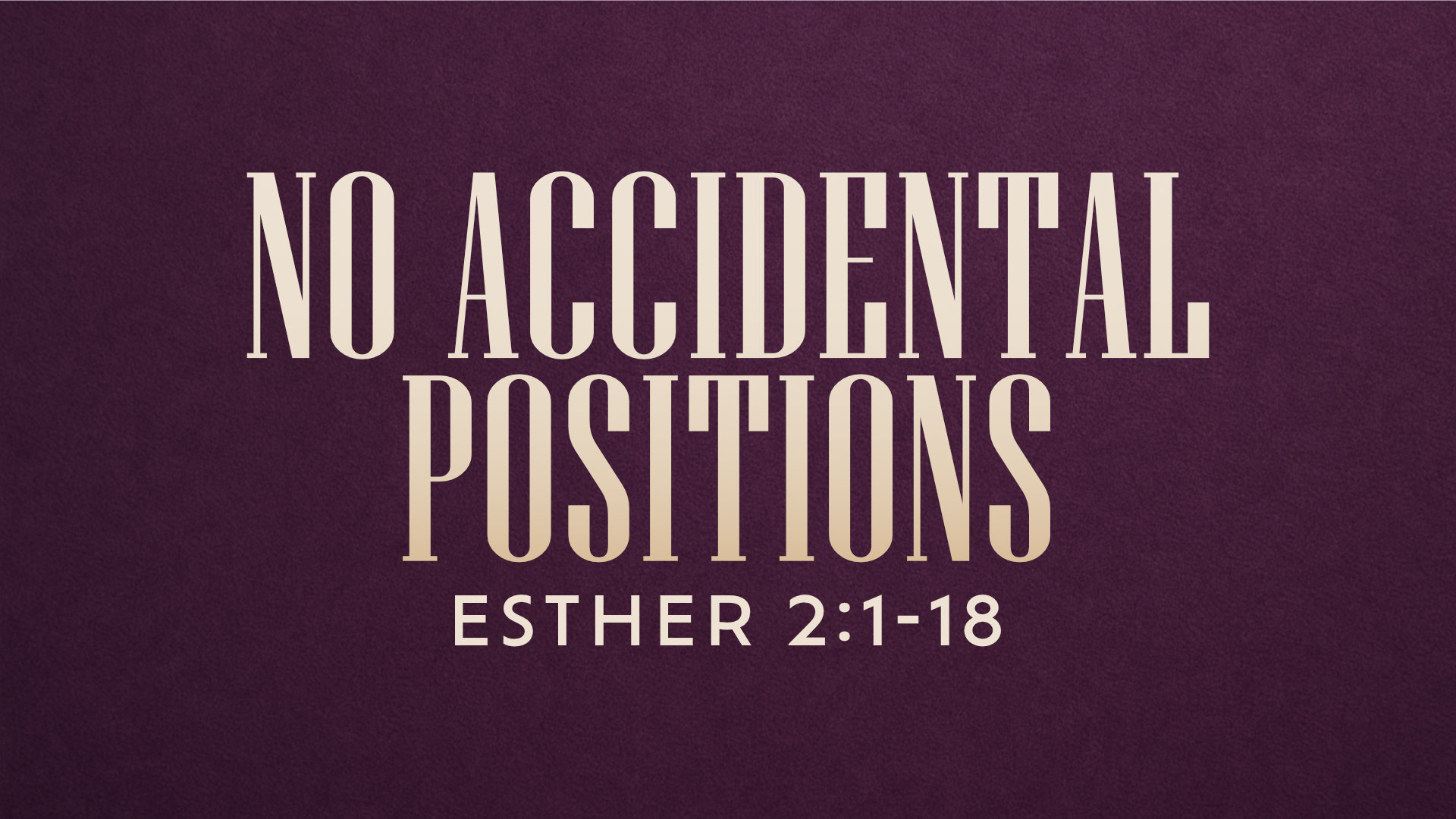Why Doesn't God Tell Us What Decisions to Make?
Why Doesn't God Tell Us What Decisions to Make?
I really sympathize with the question. Wouldn’t it be so much easier if God took the inherent guesswork out of our decision-making by simply feeding us a divine cascade of continual commands? For the majority of us, making choices usually happens without even thinking about it (putting on clothes, brushing our teeth, and grabbing our wallet as we walk out the door). But we all know how arduous some choices can be (e.g., deciding where to go to college, who to date or marry, what region or town to settle down in, what job to take, etc.). For the more sensitive-minded among us, this may be an extremely pervasive struggle in all of the above examples, big and small. “I don’t want to make the wrong decision.” “God, will you be displeased with me for picking _____ instead of _____?” “I’m afraid I’ll miss God’s best for me; therefore I must make the right choice.” On and on it goes.
What does the Bible reveal about this subject? First, we’ll take a look at what God expects of us when it comes to decision-making. Second, we’ll think about why He set it up this way. Third, we’ll say just a couple of things about practical steps forward if you or a person you care about is gripped by analysis paralysis when it comes to making decisions.
What God Expects Regarding Our Choices
There seems to be a pattern in Scripture of God not merely gifting people with creativity and agency, but also of “handing over” some authority. It has been said that humans are intended to be God’s viceroys, exercising authority on his behalf. For example, God allowed Adam creative license to name all the animals in Genesis 2. Adam truly had freedom in this responsibility. It wasn’t as if God was whispering in his ear every few seconds telling him what to name the animals, nor was Adam constantly looking over his shoulder as if he was expecting a divine cue to nudge him in the right direction. Another example is when God gave Solomon the legitimate choice of choosing a gift bestowed by God himself (1 Kings 3). Solomon was freely given a choice, and he freely chose wisdom.
In both of these instances, the implication seems to be that Adam and Solomon could have made multiple good decisions. There was no singular “right way” to respond. And I’d argue that the majority of choices you and I are faced with on a daily basis fit this description. Do we discipline our child in this way or that way? Do we offer a financial gift to this ministry or that ministry? Do I wear this outfit or that one? The Bible gives us a few commands that are intended to be fleshed out in an infinite number of scenarios. “Love the Lord your God with all your heart, all your soul, and all your strength.” (Deut. 6:5) So, as Christians, God expects our actions (i.e., choices) to be governed by a desire to please and obey him. And as we grow in relationship with him, our very nature will be conformed more to him. We become like what we adore, or, in this case, whom we adore. If you are married, you know by experience that the longer you are with your spouse, the more you are shaped by the way that they “rub off” on you.
This isn’t to say that God never spoke directly to individuals in the Scriptures. He did. And it’s not to say that he doesn’t speak in unusual, supernatural ways even today (e.g., dreams). I believe he does. But it is to say that it’s not the norm. Even in Scripture, the number of times God speaks directly to individuals stands out precisely because it was not the norm. On balance, the overwhelming way that biblical characters made decisions is how we make decisions today. We seek to please the Lord (1 John 3:22), meditate on his character so that godly loves and inclinations get into our bloodstream (Ps. 119:97; Rom. 12:2), and seek input from godly believers when we’re unsure what to do (Prov. 11:14). John Piper states, “God intends for us to make decisions out of inner transformation, not constantly receiving new information.” In other words, God expects us to make daily decisions without receiving any “special messages.” Furthermore, he intends for us to not be held captive to the belief that there is only one right decision that can be made in every situation.
Why Did God Set it Up This Way?
So is this “just the way it is,” or are there reasons that we can come to for why God allows us to make choices without a continuous divine series of whispers in our ear? For starters, God never does anything arbitrarily or capriciously; there are always good things he is up to, even if we are unable to perceive what they are (Gen. 50:20; Rom. 11:33). However, in this case, I think we can come to some solid, well-reasoned conclusions.
Even from a purely human standpoint, consider this scenario: what would we think if a parent was always giving their child the same level of input, or if the child was always expecting their parent to essentially make their decisions for them? (Assume this is not a five year old child, but rather a child who is now a grown adult.) We know the answer. Something would be off. Hopefully the godly character of the parent will have “imprinted” on the adult child, but this is not the same as the parent making decisions for their child. To carry the analogy further, what if a parent had multiple children? If there were always just one right decision to make in every situation, what implications would this have for the variety of personalities God has made and the expressions of those personalities? Would the beauty of the variety of personalities, dispositions, giftings, and makeups ever even have a chance of being displayed? Though “variety is the spice of life” isn’t a phrase found in the Bible, I would say it possesses some biblical impulses.
One more thought experiment: if we needed a special word from God for decision-making, where would we draw the line for when we need some sort of direct command? Are we talking about garden-variety decisions, such as whether or not to shower today (I’d recommend doing it), what to get off the McDonald’s dollar menu, who to smile at, and what shoes to wear? Or are we talking only about the “biggies” (e.g., where to go to college, where to live, and who to date and marry)? The point I’m making here is that those of us who obsess with making the right decision often aren’t very consistent even within our own paradigm. And if we were consistent, life would become absurd. We would be dangerously close to making God out to be a riddle to be solved. And God does not operate that way with his people, because he is not that way within himself (1 Cor. 14:33). We literally make hundreds, if not thousands, of decisions every single day. Life is incredibly spontaneous. We’re making choices all the time, most of them on the fly. Surely God does not intend for his children to be in agony about decision-making as regular course of life.
Hopefully those thought experiments help us pump the brakes on believing we need a divine whisper in our ear for every single choice we make. But more to the point: why has God given us the ability to make choices in every scenario, many times when several choices would all be viable options? Piper again helps us. “The glory of Christ will shine more brightly if it is printed on the minds and hearts of his people in such a way that we make God-pleasing choices because we think and we feel and we act in accord with the peculiar nature and worth of Christ’s glory imprinted on us.” In other words, God is honored by any choice we make that has love for Christ as its motivation. Said differently, “[When] we’re acting out of a transformed nature in the image of Christ, Christ gets more glory that if we are hearing a voice ten thousand times a day and complying.” Consider a married couple. What is better: a husband buying his wife roses out of a mere sense of duty and only because she told him directly to buy them; or a husband who deeply loves his wife, knows there are multiple gifts that could delight her, and gladly chooses one of them as a means of expressing his devotion to her? Ideally, the husband has been so transformed that love for his wife is spontaneous and freely expressed.
Second Corinthians 3:18 is helpful here. “Beholding the glory of the Lord, we are being transformed….” It is by gazing at and contemplating the goodness and beauty of God that we change. Left to ourselves, the human mind is so corrupted that we are in trouble without inward renewal that comes from outside ourselves. New information (i.e., getting messages about what choices to make) will not accomplish this kind of transformation.
Practical Steps for Decisional Fear
First, believe that God is not a riddle to be solved. He is not playing games with you. You may have heard some people talk of “missing God’s best,” as if following God is like attempting to hit a one-inch bull’s eye in the middle of a target one hundred yards away. In other words, it’s bull’s eye or bust. This notion is not a biblical one.
Second, consider that even if the choices you make (out of a desire to please God) turn out to not be the best in terms of their visible outcome, God is still good and is capable of making beauty out of your missteps. With him, there is no “Plan B.” He is never caught off guard. Making decisions with a desire to honor Christ matures us. In some mysterious way, even Jesus himself was faced with the human task of growing in wisdom (Luke 2:52; Hebrews 5:8). If a halfway-decent earthly parent wants to be kind and refuses to play “Gotcha!” with their child, then how much more so is God undeterred from being good to us?
Third, if you nevertheless feel decisional paralysis (which can happen to any of us), lean on the wisdom of others. Borrow from their perspectives. “In the multitude of counselors there is safety.” (Prov. 11:14) It is a mark of spiritual maturity when we can say to a trusted and godly friend, “Hey, I’m struggling with this decision. Could you help remind me that any of these choices can honor the Lord? And among these options, what are your thoughts?” God intends for us to be helped by others, and then our brothers and sisters in Christ get the blessing of being a conduit of his goodness to us.



























